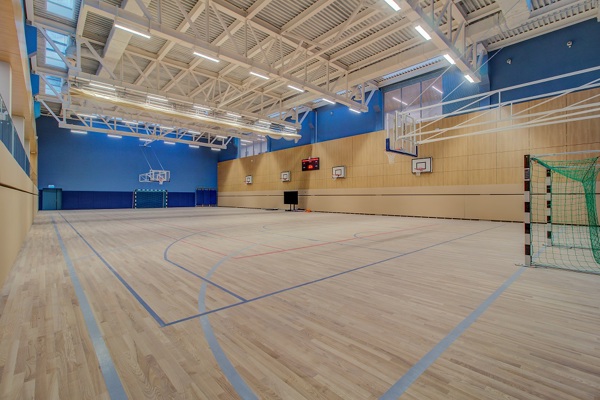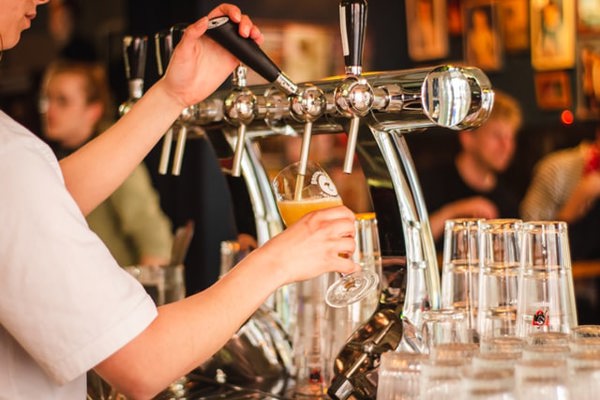The main proposals are as follows:
- The creation of a new offences of giving, or making available, alcohol to a child or young person (i.e. someone aged 16 or 17 years) for consumption in a public place (other than for the purposes of religious worship, or in the case of young people, the provision of beer, wine, cider or perry along with a meal in relevant premises). On conviction a sentence of up to 3 months imprisonment and/or a fine of up to £5000 may be imposed. It could be argued, the proposed offence relating to the provision of alcohol to young people is too onerous. Parents of a 17 year old who, at a family picnic in a public place wished to give their child a small glass of Pimm's, would be unable to do so. This unhappy state of affairs could be simply avoided by re-wording section 104B(2)(b) of the Bill so it provides that no offence shall occur when an alcoholic drink is bought, given or made available for consumption by a young person, along with a meal, in a public place.
- The introduction of a 9 month deadline for Licensing Boards to determine alcohol licensing applications. There is no deadline at present. This 9 month period can be extended, on one occasion only, by the Court at the request of the Licensing Board, provided it appears to the Sheriff there is good reason to do this. In the event that the application to the Board is not granted within the 9 month (or extended) period, the application is deemed to be granted. This is in line with the existing provisions in the Civic Government (Scotland) Act 1982;
- The introduction of a licensing regime for sexual entertainment venues will allow lap dancing clubs to be regulated. Licensing authorities shall be entitled to refuse an application for a new licence, or a renewal, on the grounds of overprovision of venues of this kind.
- A number of new licensing measures relating to scrap metal dealers are intended to prevent the theft of metal, namely all dealers must be licensed to deal in scrap metal; cash payments by dealers are to be prohibited, and they must retain their records relating to their acquisition and sale of scrap metal for a period of 3 years;
- Licensing authorities under the 1982 Act may refuse an application for a private hire car licence if to do so would cause (or add to) the overprovision of private hire cars in any locality within the licensing authority's area;
- Private hire car drivers may be required to take a "knowledge" test. Licensing authorities can already require taxi drivers to take a test of this kind;
- Licensing authorities under the 1982 Act may determine to allow applications and the ensuing documentation to be transmitted electronically.
- Finally, the Bill seeks to introduce the new role of “civic licensing standards officer” in respect of licences under the 1982 Act. This officer will be able to provide mediation services between licence holders and any other person in relation to the licence. The officer will also have the power to serve notice of the breach of any of the licensing conditions which he believes have occurred and refer the breach to the licensing authority.
The part of the Bill dealing with the licensing of air weapons can be read in our previous article on licensing of air weapons.


